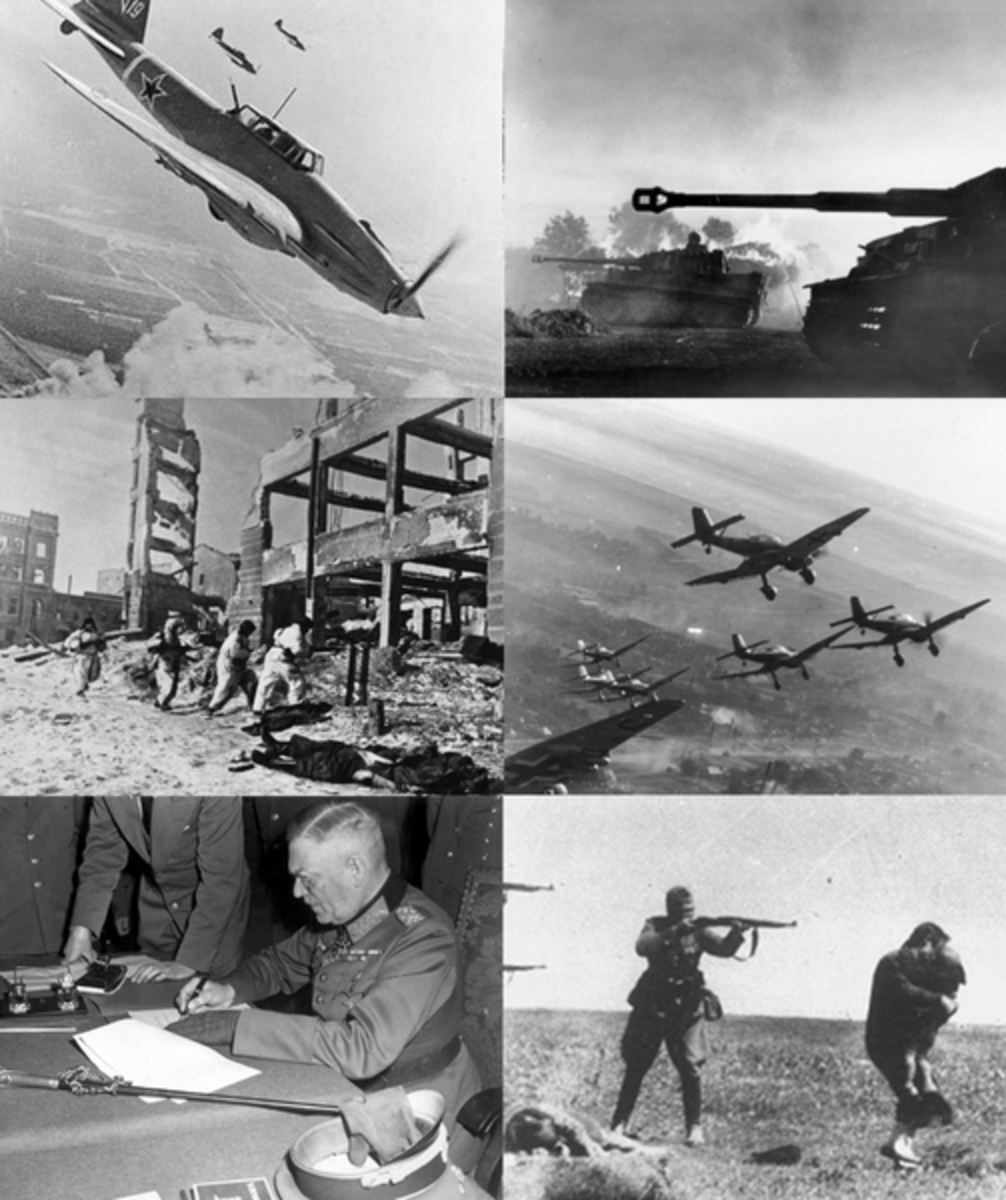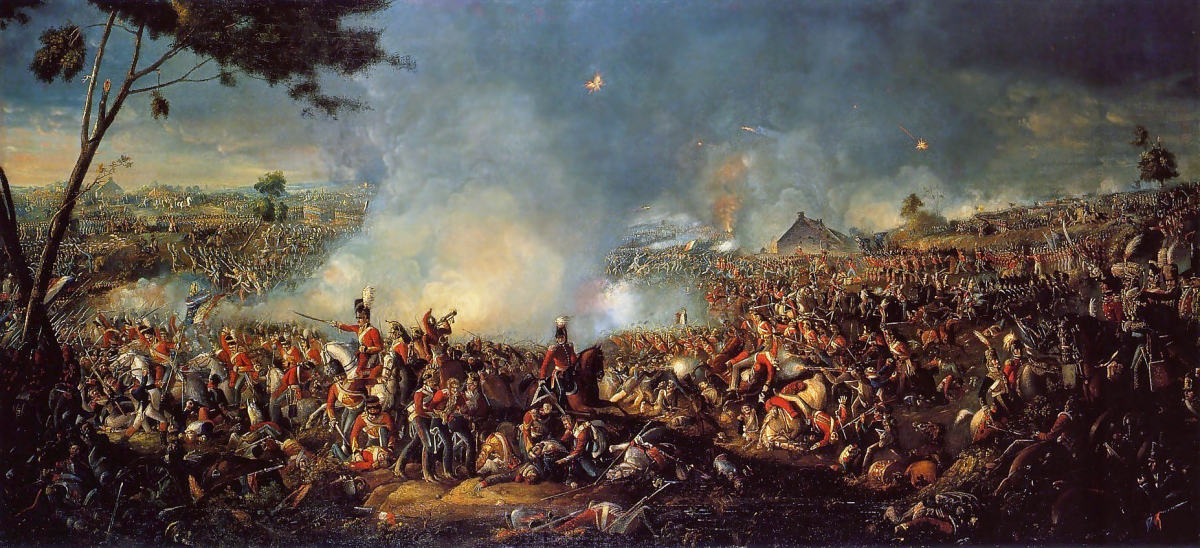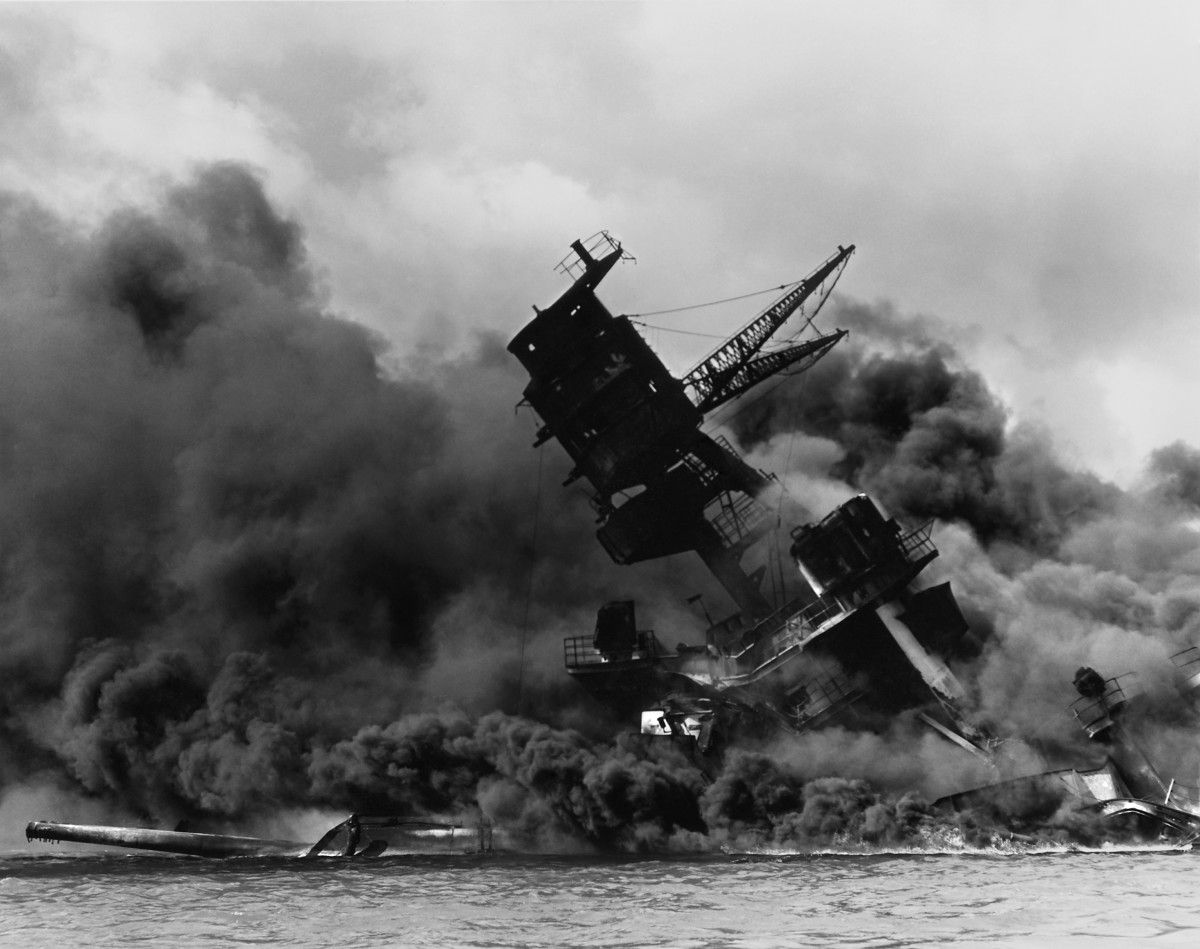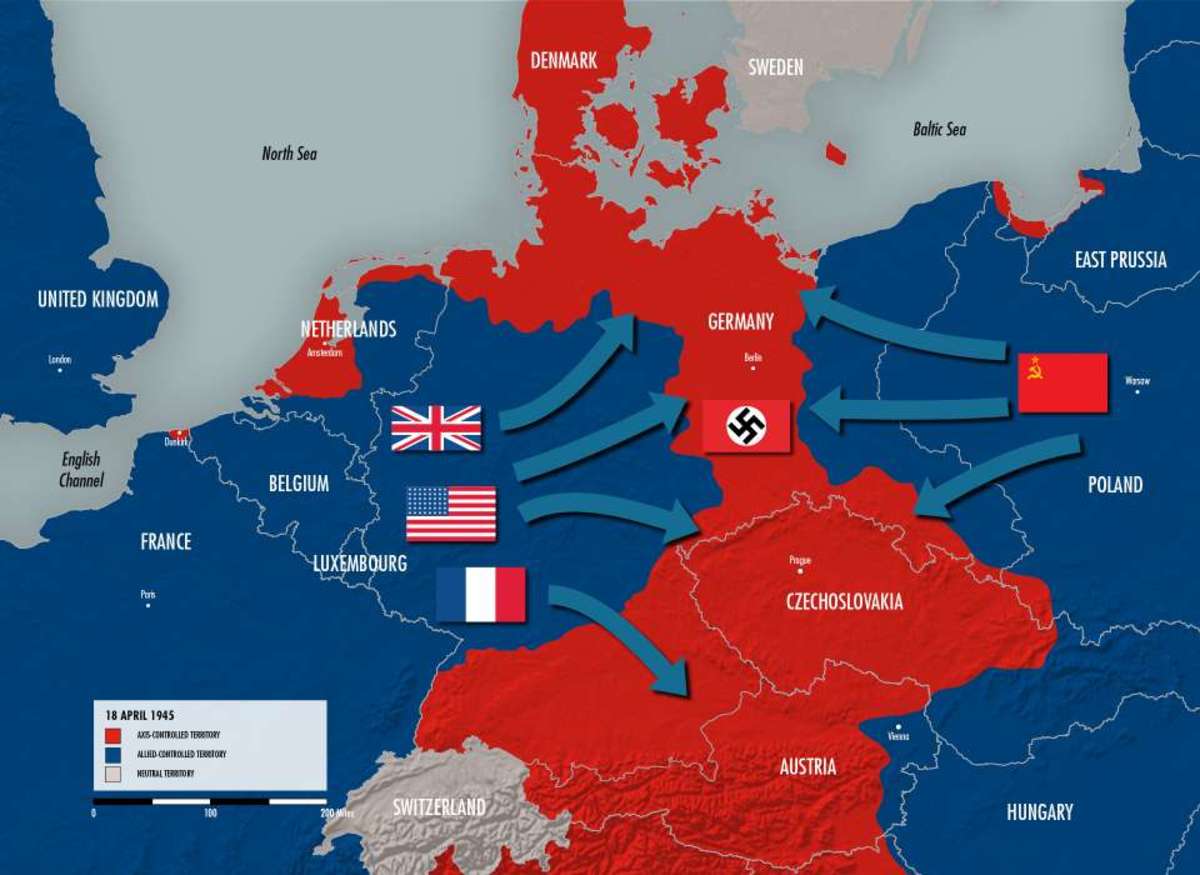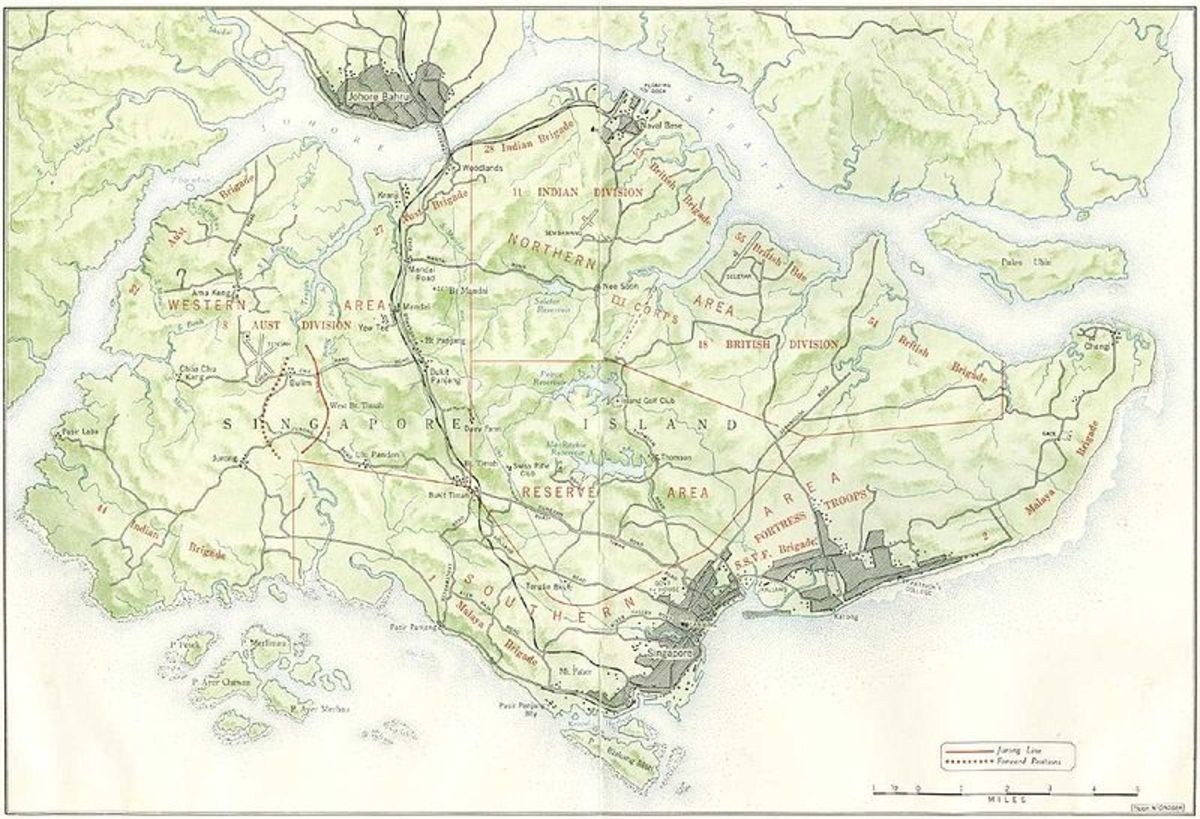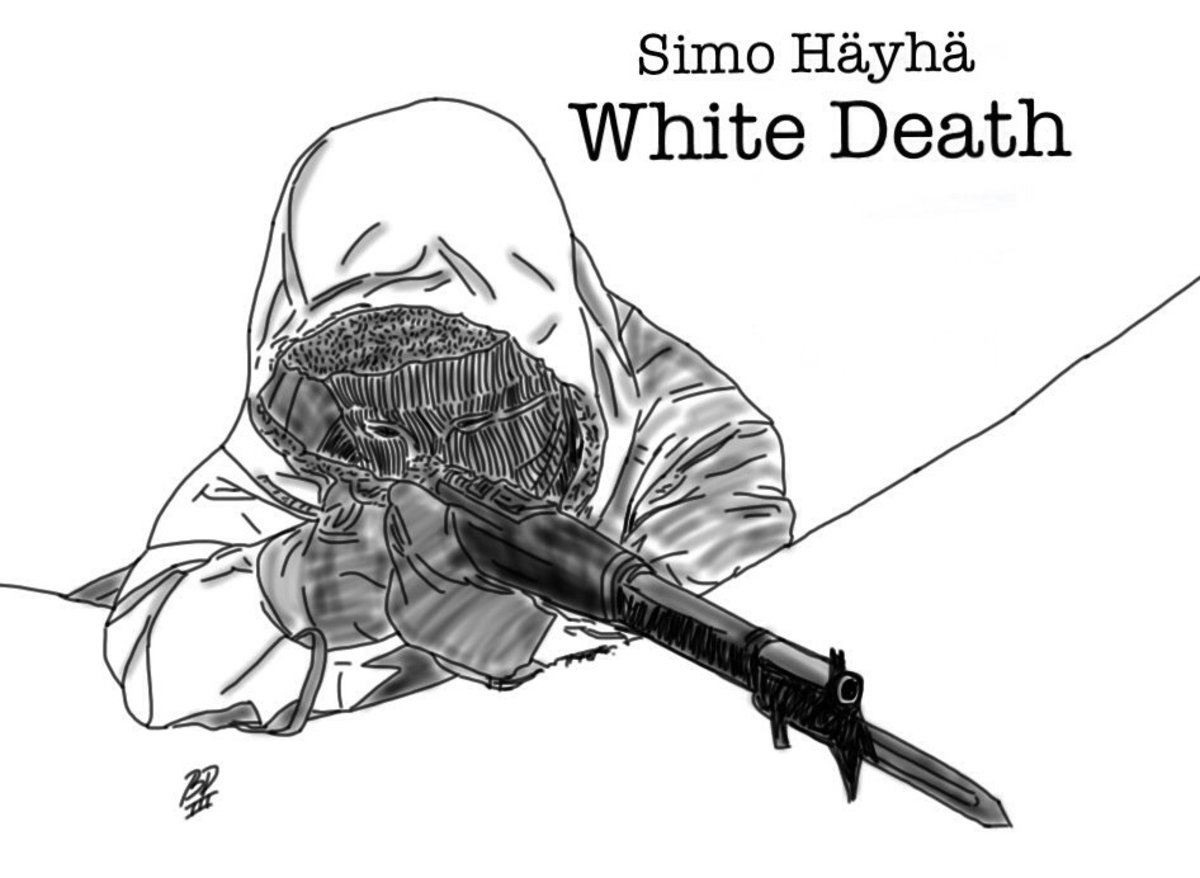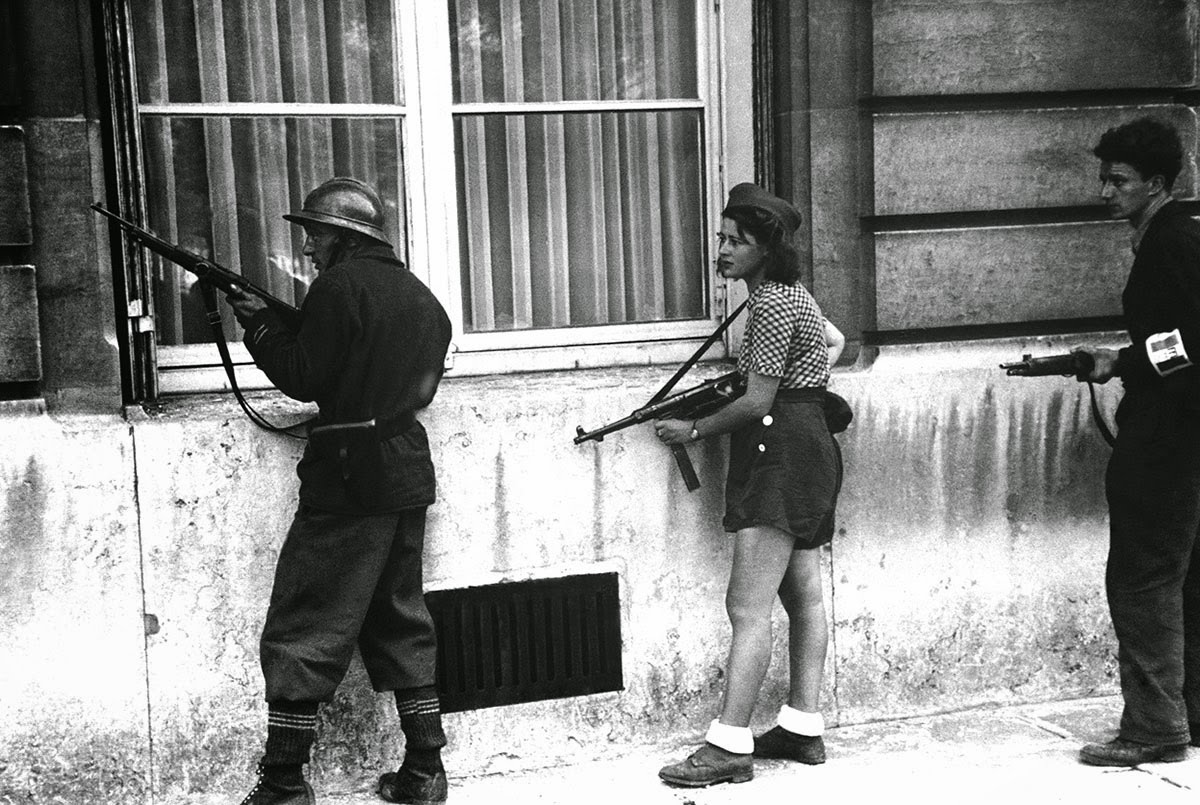- HubPages»
- Education and Science»
- History & Archaeology»
- Military History
10 Military Blunders and Bad Decisions: Chapter 2
Throughout history there have been any number of heroic people and deeds, therefore it stands to reason that there are just as many if not more blunders and bad decisions to explore.
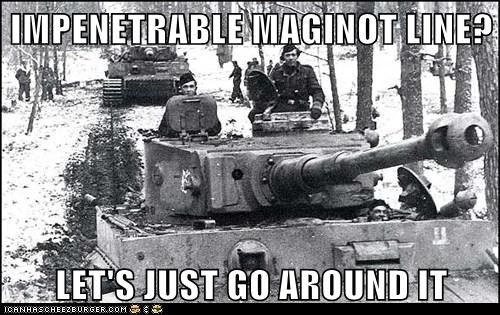
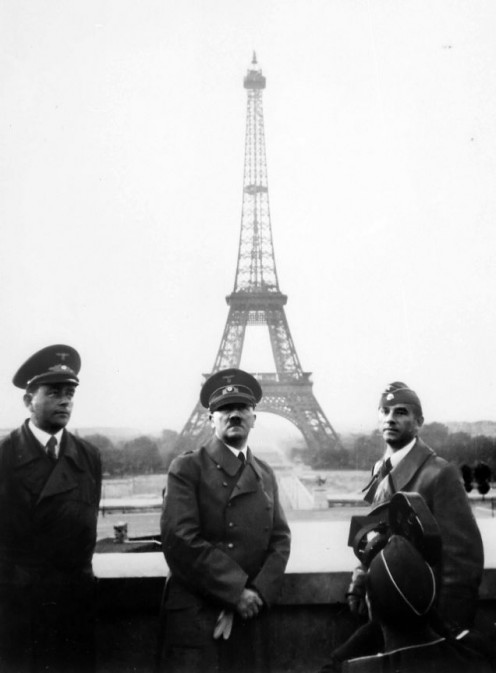
The Maginot Line (France)
Built after WWI this protective line of concrete and guns was meant to be a permanent line of defense, primarily built to prevent further invasions of the country of France, particularly from Germany and to a lesser extent Italy, it failed.
Because of it's design the line which was largely fixed in place and pointed at Germany it was not repositional allowing the Germans to bypass most of the defensive barrier by simply going around it.
The French failed to recognize that the region known as Belgium could be used as an entry point into France despite the fact that Germany had used this same entry point in WW1, the Germans on the other hand had no problem noticing the deficiencies in France's protective line and happily exploited it.
Result: France was under German control within six weeks
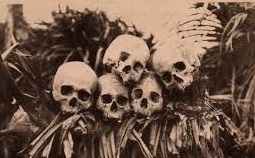
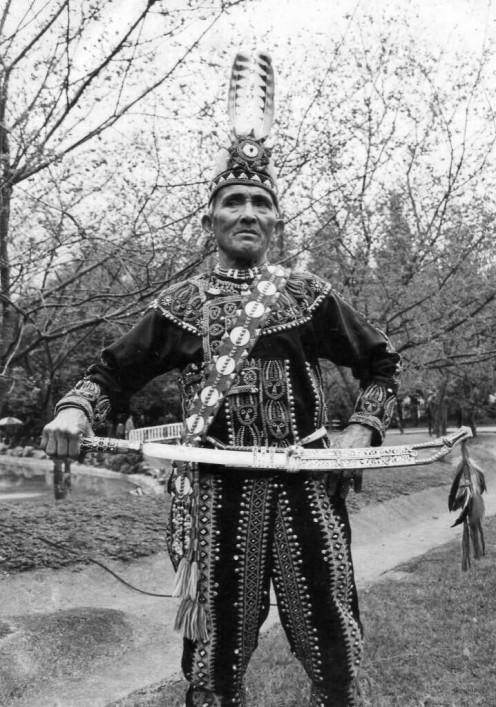
U.S. Expedition of Taiwan (1867)
In 1867 about two dozen American sailors washed up on a beach in Taiwan, and in the traditional greeting of the Paiwan tribe they were promptly beheaded. It was nothing personal for the tribe, just business as usual since they considered it a matter of national policy/security to behead any sailors that washed up on their shores regardless of nationality.
America unsurprisingly did take the beheadings of two dozen sailors personally (Americans have a funny habit of doing that) and launched a response in the form of 181 sailors and marines three months later.
The sailors and marines were determined to march into Paiwan villages and take over; the problem: they couldn't find any villages which were hidden deep in the jungles, (at this time Marines were not the masters of warfare especially jungle fighting that they are today and sailors had no experience in this type of environment at all) what they found instead was a series of ambushes by Paiwan warriors. After spending the day being chased around the jungle, the sailors and marines decided they had, had enough and hightailed it back to their ship.

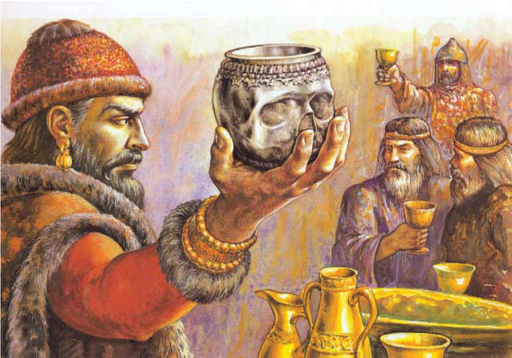
The Battle of Pliska (811 AD)
The Byzantine Emperor Nikephoros I was on a collision course with destiny that would cost him his head though his ego couldn't see that.
In 811 Nikephoros I invaded Bulgaria with roughly 80,000-90,000 men despite entreaties for peace from the Bulgar leader Khan Krum, and sacked Krum's capital city Pliska.
Nikephoros then stayed for several days looting and acting like a jerk while Khan Krum repeatedly admitted he had been defeated and asked that the Byzantine troops stop abusing his people. Once the novelty of being a jerk wore off Nikephoros finally left Pliska and walked right into an ambush that destroyed his entire army and resulted in his death.
Result:
Nikephoros was so hated by both the Bulgar's and his own people that both sides actually fought a war over which side had killed him, both sides did however agree that Khan Krum could keep Nikephoros' skull which he lined with silver and used for a goblet (ouch).
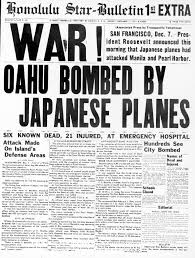
Japanese attack on Pearl Harbor (1941)
December 7, 1941 the Japanese Empire launched a preemptive strike against the U.S. at Pearl Harbor, Hawaii. The purpose of the attack at Pearl was to horrify Americans and weaken America's will to fight, if they had known anything about America they would have known that the cowardly attack would have the exact opposite result.
The architect of the December 7th attack Admiral Yamamoto described the attack as "an incredible error in judgment" (can we say understatement???). Yamamoto later remarked to his colleagues "I fear all we have done is to awaken a sleeping giant and fill him with a terrible resolve". The truth of this statement is rather understated as well. American retaliation was swift and brutal with assistance coming from England, Australia, Canada and even Russia who also viewed the attack as cowardly.
Result:
Pearl Harbor: 2,403 killed and 1,178 wounded, 8 Battleships destroyed or damaged, 11 other ships destroyed or damaged 188 planes destroyed and 154 planes damaged.
Japan: 2 Atomic bombs later had 129,000-246,000 dead between Hiroshima and Nagasaki
Totals are from the immediate affects of the bombings and death over several days from radiation and burns, they do not take into account deaths from the unknown numbers of health problems, birth defects and cancer cases in the succeeding decades.
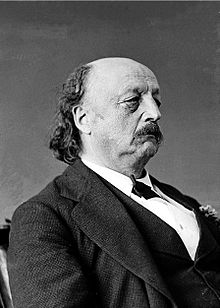
The Union making Benjamin F. Butler a General
There were many drunks and incompetents in positions of authority on both sides of the Civil War but there was perhaps no one more incompetent and useless than General Butler and even Sherman with his march to the sea didn't merit his picture etched into the bottoms of chamber pots as Butler did by the people of New Orleans.
General Butler is perhaps the only commander who did not achieve a single one of his military objectives during the war.
If you took a vote of the people between New Orleans in the 1860s and New Orleans in 2005 after Katrina on who did a worse job; General Butler or President Bush, Butler would win by a landslide.
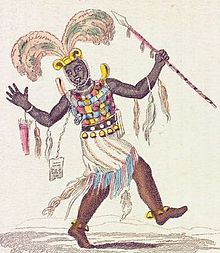
The Ashanti War (1824)
Modern Ghana includes the lands of a tribe called the Ashanti, in the 1800's the Ashanti was it's own region and was being invaded by British colonization and the military.
While there were many dust up's between African tribes and the British in the 1800's the Ashanti War in 1824 is particularly notable owing to the extreme incompetence of the British military supply officer Charles Brandon.
As 10,000 Ashanti warriors closed in on the British camp ammo started running low and the troops called on the supply officer (Brandon) to break open the reserve ammunition he had just brought up from the coast several days before.
Result: Dead Brits
When Brandon finally gave in and started to break out the fresh ammo he found boxes and boxes of biscuits, which while great with tea don't help much when fighting for your life.
Brandon had transported the wrong supplies.
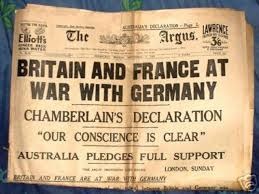
Britain and France doing Nothing in 1939
One of the arguably biggest mistakes in WWII by either side occurred at the very start of the war and was committed by the British and French.
In 1939 when Germany invaded Poland both Britain and France declared war and then...nothing.
After declaring war neither country made a move against Germany, allowing the Germans to run through Poland unchecked and gave Germany a year to plan their invasion of France, and as the Maginot Line demonstrated France had not completely thought out its defense and apparently hadn't thought out is offense at all, until it was too late.
This inaction left Hitler's path into Paris itself wide open, leaving the European, British and American nations stunned and France conquered in just six weeks.

Australian Army vs. the Great Emu Army
(Spoiler Alert: The Emu's Won)
In 1932 Australian farmers had a big bird problem in the form of 20,000 Emu's that were running unchecked through the countryside eating and heavily damaging crops and land, and as if the situation wasn't silly enough the farmers decided to make it funnier by inviting the military to assist them.
Major Meredith of the Australian Royal Artillery found himself leading two regiments of heavily armed troops against the emu's thinking they would just open fire, kill most if not all the birds and then crack open a beer and call it a day, turns out the 20,000 emu's were quite gifted in guerrilla warfare and even understood the concept of duck and cover.
Out of 20,000 birds only 1,000 were killed, the rest ducked and scattered rather than clumping together in fear as the army had hoped they would and then spent the next week leading the Australians on a wild goose (or in this case) emu chase. Even birds that had been shot multiple times were able to run away and survive to terrorize the farmers some more, turns out emu's just don't care about bullets. After a week of guerrilla fighting in and out of the bush during which time the emu army took no further casualties Meredith admitted defeat and surrendered to the Great Emu Army.
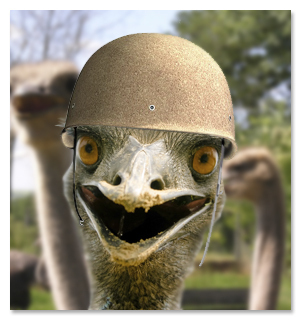
Meredith later commented that,
"if we had a military division with the bullet carrying capacity of these birds, we could face any army in the world and be unmatched. They could face machine guns with the invulnerability of tanks."
Results:
Australian's: 10,000+ bullets fired and one wrecked military truck with a mounted gun.
The Great Emu Army: 1,000 dead out of 20,000
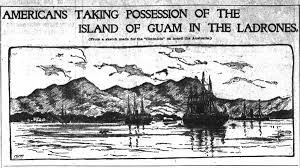
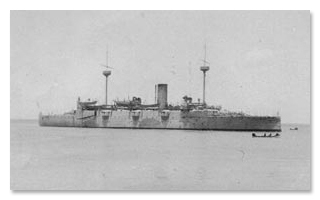
Guam tries to borrow gunpowder (1898)
In the early stages of the Spanish-American War (1898) the USS Charleston was ordered to take Guam and were put on a very tight schedule of just two days to get there and take over the island.
As it turns out this was way overestimating the time needed as well as the Americans turning up over manned and unnecessarily heavily armed.
When the Charleston reached Guam the battleship shot just 13 rounds at the Fort of Santa Luz and then sat back to await what they thought would be a heavy military response and a good fight.
What they got instead was the ultimate joke to tell their grandchildren.
A single small ship carrying a Spanish officer came out and politely asked permission to board and address the American commander, beyond curious at this request and the lack of any military response to their attack the American Admiral allowed the meeting.
The Spanish officer then thanked the American officer for his hospitality and for the lovely 13 shot salute. He then went on to explain that the fort was completely out of gunpowder and asked if they could borrow some so that the fort could return the honor of the "salute".
Turns out Spain hadn't bothered to tell Guam they were at war with America and Guam didn't realize it had just been attacked rather than saluted.
Result:
Loss of Guam to the U.S. and what I am convinced must have been one of the MOST awkward conversations in military history.
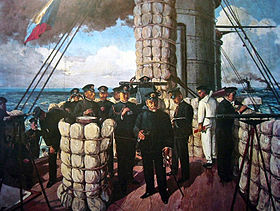
Battle of the Tsushima Straits (1905)
In 1905 the Baltic Fleet of Russia sailed 18,000 miles around Europe, Africa and most of Asia resulting in a decisive victory for Japan during the Russo-Japanese War.
The Russians could have chosen one of three possible straits to enter the Sea of Japan and the Russian commander Admiral Rozhestvensky chose Tsushima because he viewed it as the simplest route to take.
Admiral Togo of Japan believed the Russians would choose the Tsushima Strait for this very reason and had heavily reinforced the strait.
Result:
Japanese: 117 dead and 3 ships lost
Russians: 4,380 dead, 5,917 captured and virtually the entire Baltic Fleet destroyed. Out of 38 ships 21 were sunk and 7 were captured.
Conclusion: The simplest way is not always the safest.
Interesting fact: This battle was the first time that radio communications were used during the battle by both sides. The Japanese had their own system which worked and the Russians had a poorly maintained German system that's dependability was quite questionable.

